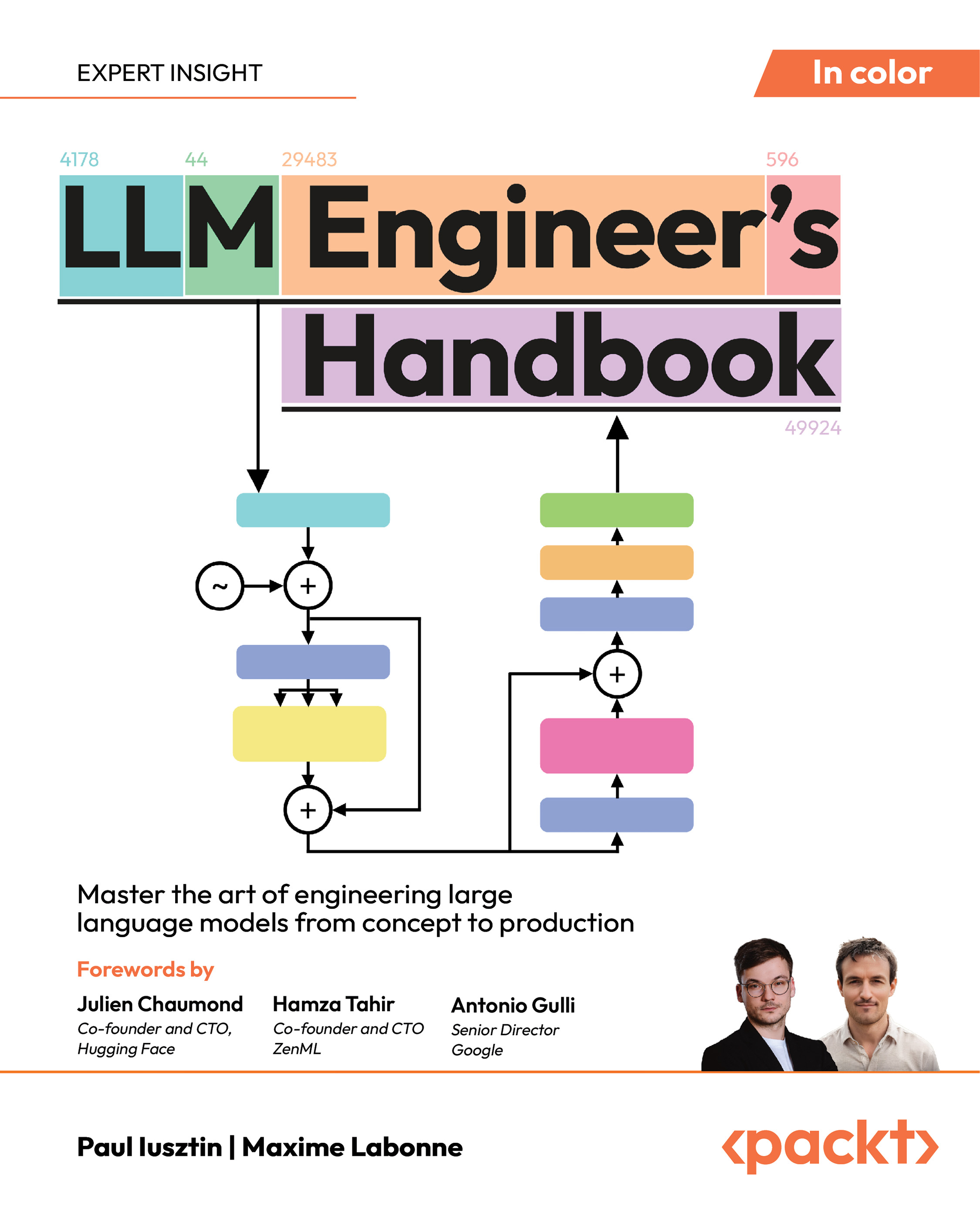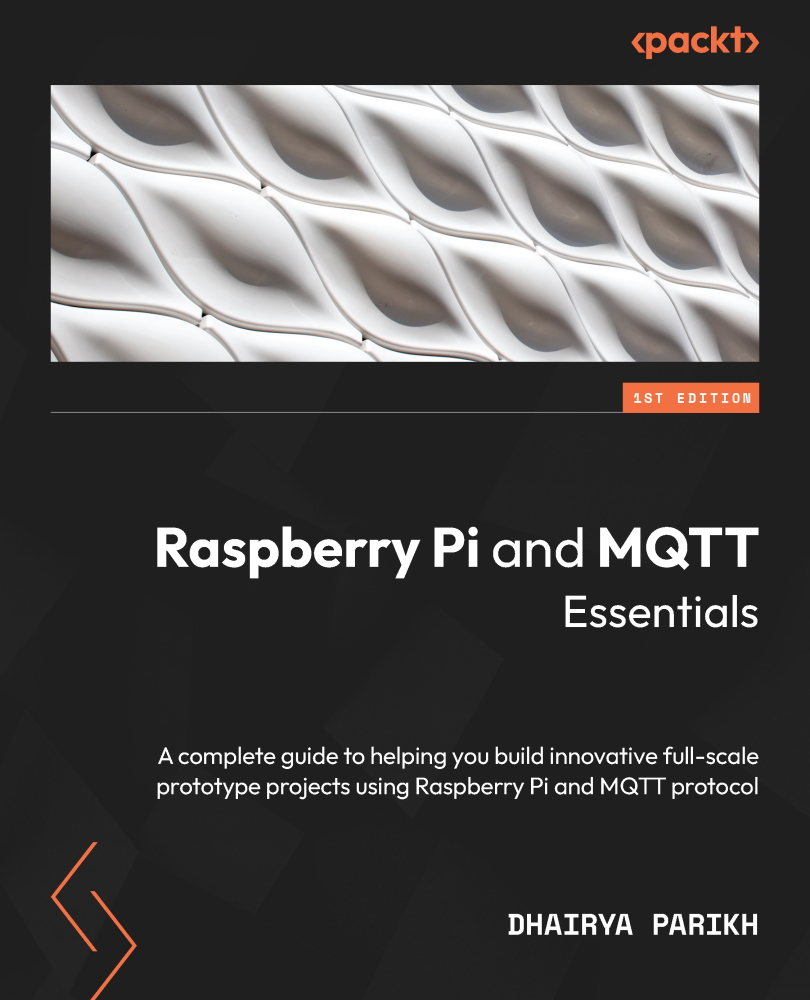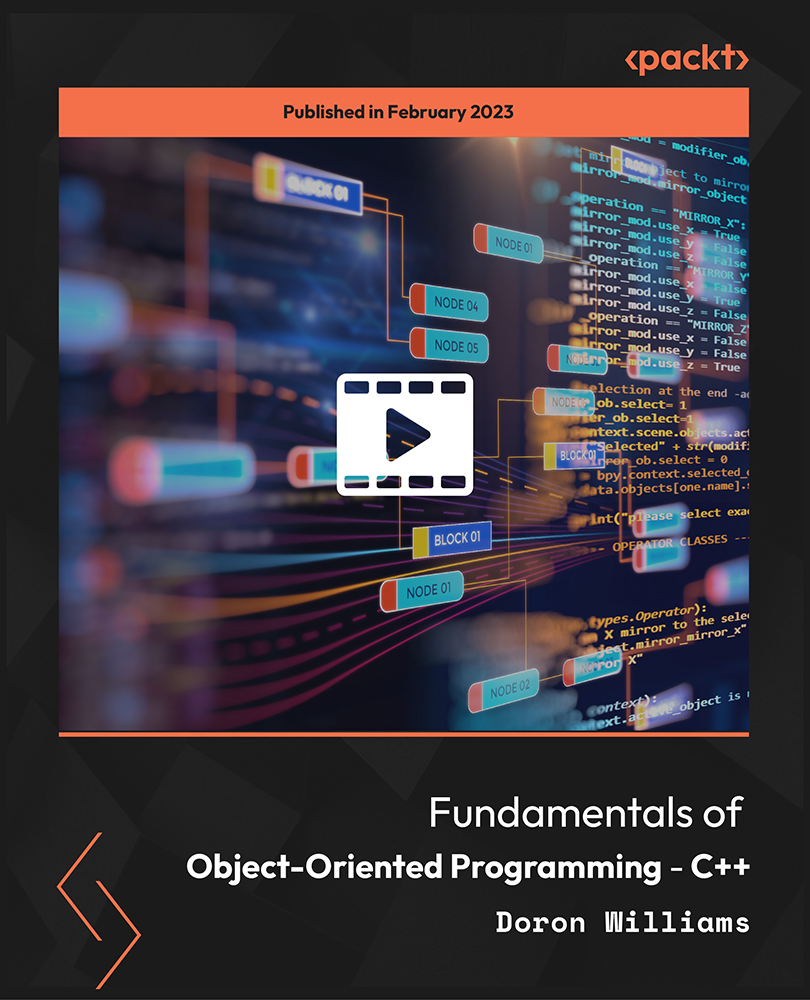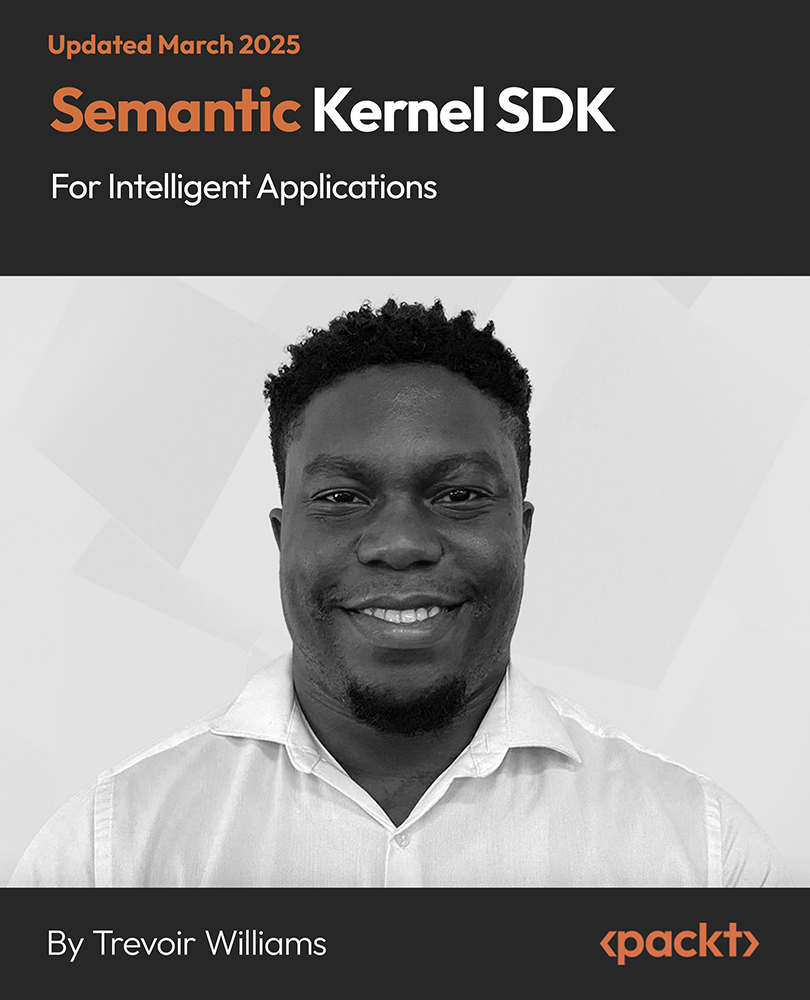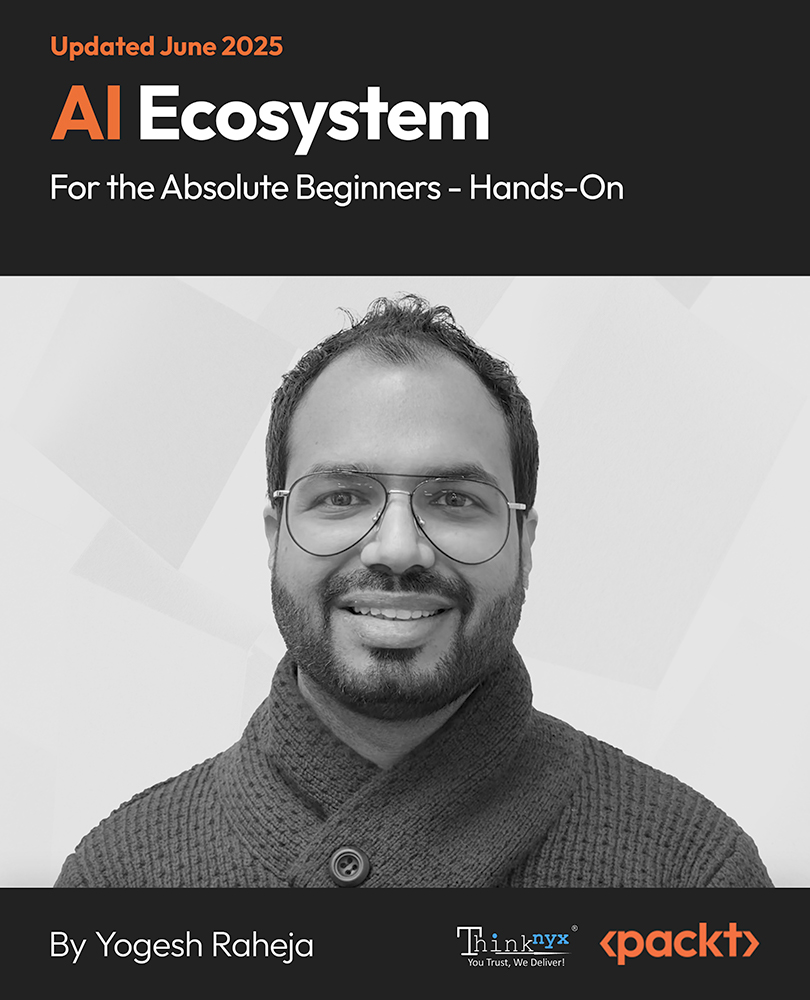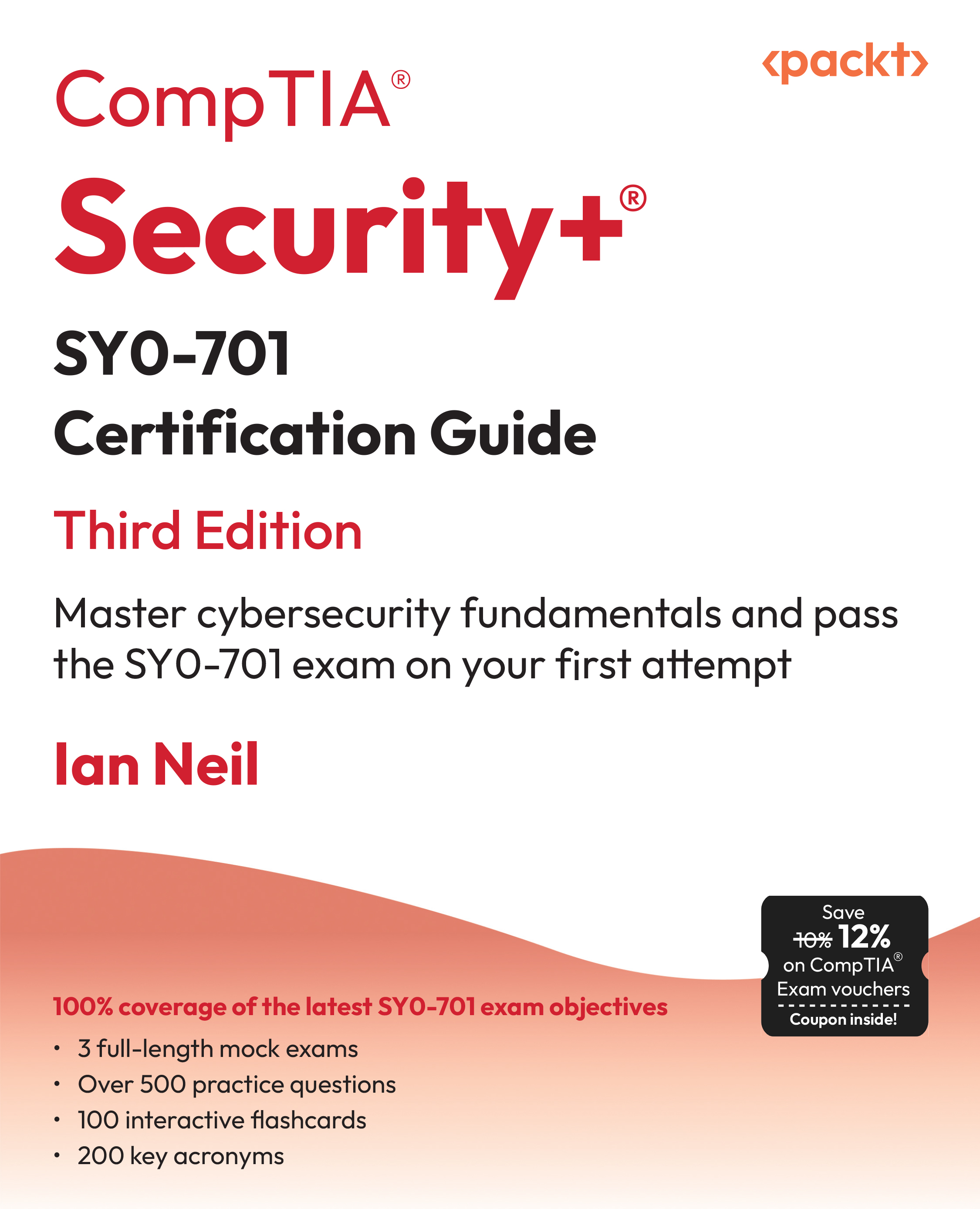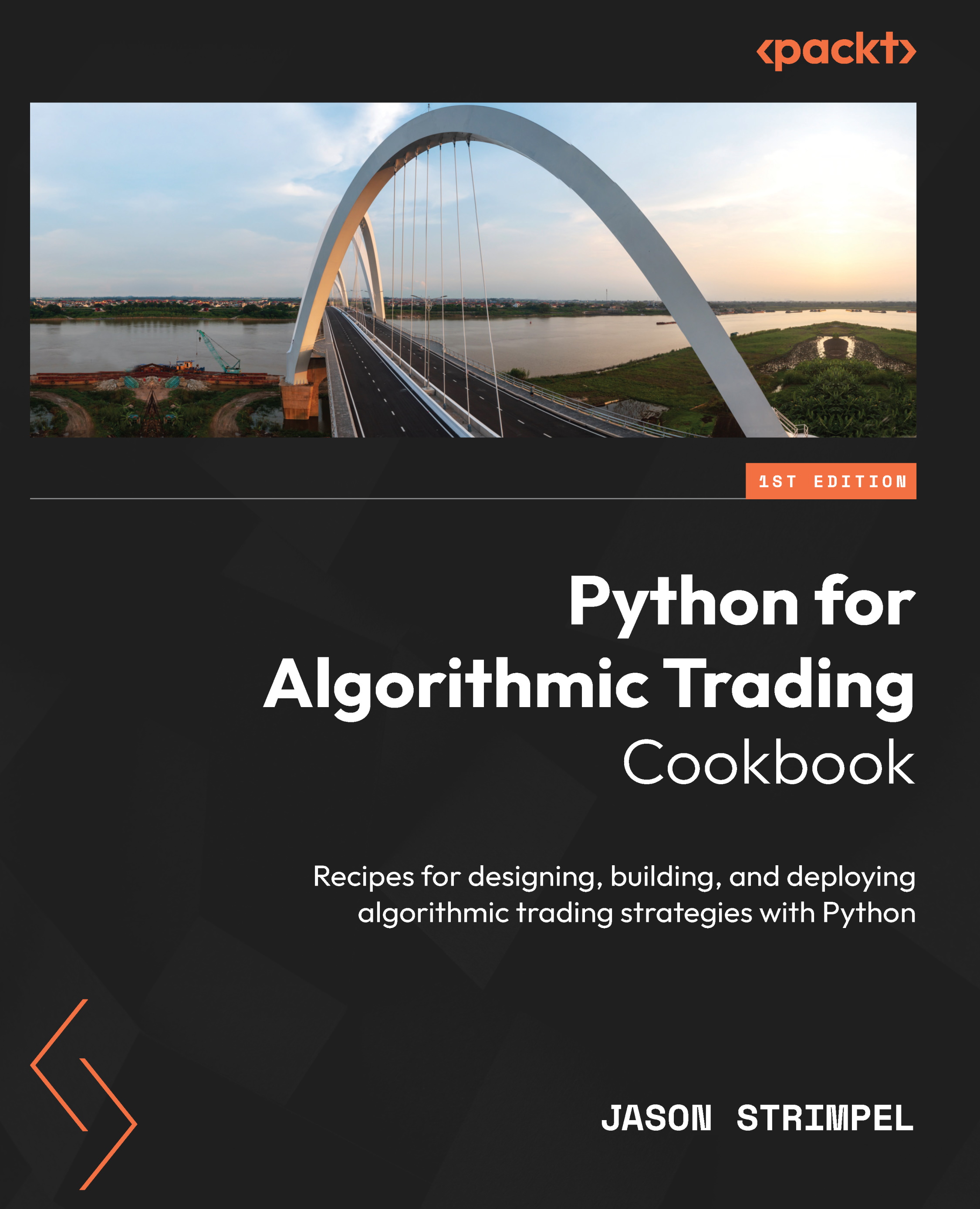Titans: Learning to Memorize at Test Time
The paper introduces "Titans," a new family of neural architectures designed to improve memory handling in machine learning models, addressing challenges of scalability and long-term dependency modeling. Traditional Transformers excel at capturing short-term dependencies but face efficiency issues due to quadratic memory complexity. Titans incorporate a novel neural long-term memory module, inspired by human memory, to memorize past data effectively and complement the short-term memory of attention mechanisms. This architecture integrates three key components: short-term memory for immediate context, long-term memory for persistent historical information, and persistent memory for task-specific knowledge.
Agents
Intelligent AI agents are systems designed to perceive and act upon their environment to accomplish tasks, from creating websites to analyzing data. These agents, powered by foundation models, gain enhanced capabilities through tools like knowledge retrievers, web browsers, and code interpreters, allowing them to adapt and perform complex tasks in varied environments. While tools significantly boost their performance, agents face challenges like compounding errors over multiple steps and higher risks due to their ability to perform impactful tasks. Effective agents rely on strong planning capabilities, careful tool selection, and robust security measures to minimize failure modes and ensure reliable, beneficial operation.
HuatuoGPT-o1, Towards Medical Complex Reasoning with LLMs
HuatuoGPT-o1 is a medical large language model (LLM) designed to excel in complex medical reasoning by leveraging a novel two-stage training process. The approach starts by using a verifier to guide the model in constructing and refining reasoning trajectories for verifiable medical problems, which are derived from challenging medical exam questions. These refined trajectories are used to fine-tune the model. In the second stage, reinforcement learning (RL) with verifier-based feedback further enhances reasoning abilities. This method enables HuatuoGPT-o1 to iteratively analyze and correct its reasoning, achieving superior performance on medical benchmarks compared to general and medical-specific models, all while using only 40,000 training problems.
AutoGen v0.4: Reimagining the foundation of agentic AI for scale, extensibility, and robustness
AutoGen v0.4 is a major update to Microsoft's agentic AI framework, enhancing scalability, extensibility, and robustness for multi-agent systems. It introduces an asynchronous, event-driven architecture with modular components, enabling seamless communication, debugging, and observability. The framework supports cross-language compatibility (Python and .NET), robust type enforcement, and distributed agent networks. Key tools include AutoGen Bench for benchmarking and AutoGen Studio, a low-code interface for rapid prototyping with real-time updates, interactive feedback, and visual message flow mapping. Additionally, a new multi-agent application, Magentic-One, tackles complex web and file-based tasks.
Agent Laboratory: Using LLM Agents as Research Assistants
Agent Laboratory is an open-source framework that uses large language models (LLMs) to assist researchers in executing machine learning projects efficiently and cost-effectively. It automates key research stages—literature review, experimentation, and report writing—producing comprehensive outputs like research reports and code repositories. Users can provide feedback at each stage, significantly improving output quality. The framework supports various compute levels, making it accessible to different users, and offers a "co-pilot" mode for collaborative research.
 United States
United States
 Great Britain
Great Britain
 India
India
 Germany
Germany
 France
France
 Canada
Canada
 Russia
Russia
 Spain
Spain
 Brazil
Brazil
 Australia
Australia
 Singapore
Singapore
 Canary Islands
Canary Islands
 Hungary
Hungary
 Ukraine
Ukraine
 Luxembourg
Luxembourg
 Estonia
Estonia
 Lithuania
Lithuania
 South Korea
South Korea
 Turkey
Turkey
 Switzerland
Switzerland
 Colombia
Colombia
 Taiwan
Taiwan
 Chile
Chile
 Norway
Norway
 Ecuador
Ecuador
 Indonesia
Indonesia
 New Zealand
New Zealand
 Cyprus
Cyprus
 Denmark
Denmark
 Finland
Finland
 Poland
Poland
 Malta
Malta
 Czechia
Czechia
 Austria
Austria
 Sweden
Sweden
 Italy
Italy
 Egypt
Egypt
 Belgium
Belgium
 Portugal
Portugal
 Slovenia
Slovenia
 Ireland
Ireland
 Romania
Romania
 Greece
Greece
 Argentina
Argentina
 Netherlands
Netherlands
 Bulgaria
Bulgaria
 Latvia
Latvia
 South Africa
South Africa
 Malaysia
Malaysia
 Japan
Japan
 Slovakia
Slovakia
 Philippines
Philippines
 Mexico
Mexico
 Thailand
Thailand




